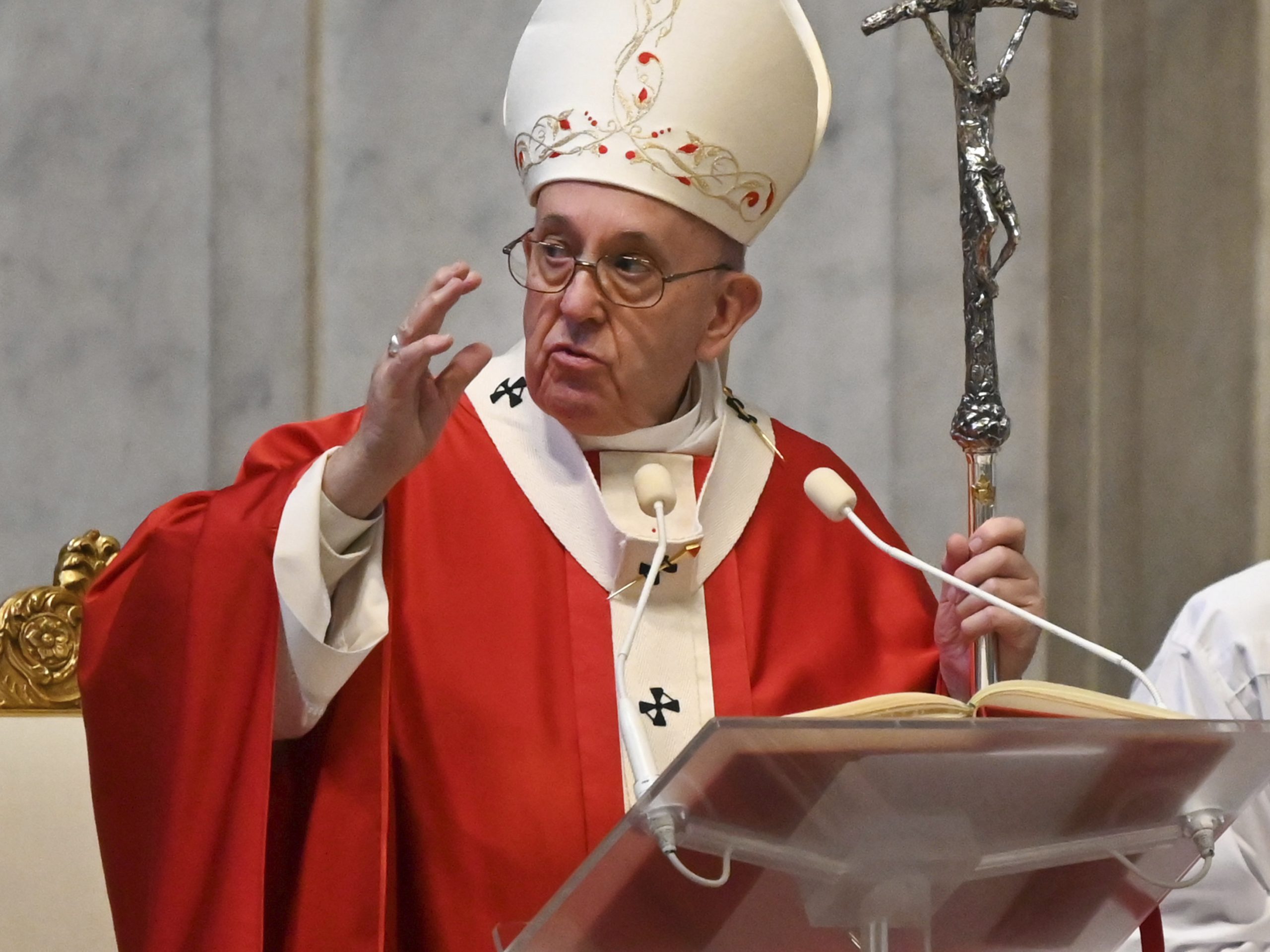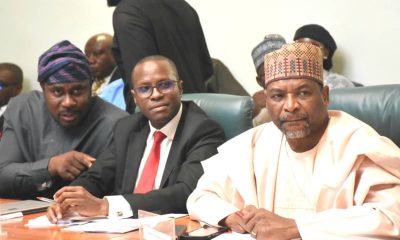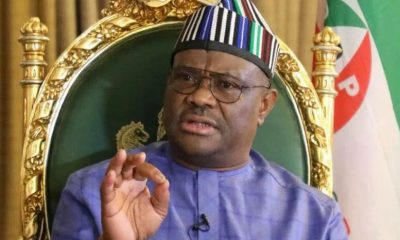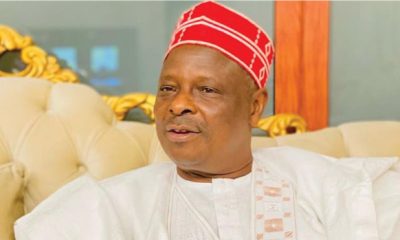Foreign News
Boosting Production, Crucial for Least Developed Countries, Post Pandemic – UNCTAD

The world’s poorest countries will remain on the margins of the global economy if States are unable to boost economic production, and the international community fails to provide more support, the UN Conference on Trade and Development (UNCTAD) has warned.
UNCTAD’s Least Developed Countries Report 2021, released on Monday noted that their ability to respond to and recover from crises such as COVID-19, and to advance towards sustainable development, is dependent on increasing production capacities.
The UN agency called specifically for increased investment in State and productive capacities for the Least Developed Countries (LDCs) grouping.
“Today LDCs find themselves at a critical juncture,” said UNCTAD Secretary-General Rebeca Grynspan.
“They need decisive support from the international community to develop their productive capacities and institutional capabilities to face traditional and new challenges.”
UNCTAD defines productive capacities as “the productive resources, entrepreneurial capabilities and production linkages that together determine the capacity of a country to produce goods and services and enable it to grow and develop.”
Developing production allows the world’s LDCs to foster structural economic transformation, which will in turn help reduce poverty and accelerate progress towards the UN Sustainable Development Goals (SDGs).
The report warns that reaching SDGs will require massive investment and spending, which go well beyond LDCs’ own financial means.
The UN established the LDC category 50 years ago. The grouping of the world’s weakest economies has expanded from an initial 25 countries in 1971, peaking at 52 in 1991, and stands at 46 today, with only six countries progressing enough to no longer be considered an LDC.
Over the last two decades, only a handful of LDCs have displayed encouraging signs of structural transformation and meaningful productivity improvements, the report said.
LCDs recorded the worst growth performance in about three decades during 2020. The COVID-19 pandemic has dramatically highlighted their institutional, economic and social shortcomings, the report highlights.
LDCs’ limited resilience is reflected in their low COVID-19 vaccination rates, as only two per cent of their population have managed to get shots, compared with 41 per cent in developed countries.
Grynspan urged LDCs’ development partners to consider the special needs of the more than one billion living in these countries during UNCTAD’s upcoming conference in October, under the theme, From inequality and vulnerability, to prosperity for all.
The UNCTAD report describes LDCs’ financing needs as ‘daunting’, especially in relation to structural transformation targets.
For example, the report estimated that the average annual investment required to reach the 7 per cent growth target (SDG 8.1) is around US$ 462 billion, while the average annual investment requirements to end extreme poverty (SDG 1.1) in LDCs, is estimated at US$ 485 billion.
The average annual investment required to double the share of manufacturing in GDP (SDG 9.2) is estimated at over US$ 1 trillion.
To generate sufficient development finance, LDCs will need to strengthen their fiscal capacities, increase domestic resource mobilization and improve the effectiveness of public expenditures, the report said but warned that even this will not be enough.
“The international community has an essential role to play in supporting LDCs in their efforts to mobilize adequate financing for their sustainable development needs,” the report said.
According to UNCTAD’s analysis, most LDCs will need three to five or more years, to recover the level of GDP per capita they had in 2019.
Domestic efforts to recover need to be supported by a new generation of international support measures that are more closely aligned to LDCs’ needs and 21st-century realities, Paul Akinwumi, director of UNCTAD’s division for Africa and least developed countries, said.
“A purposeful industrial policy should be at the core of LDCs’ pursuit of green growth and structural transformation because these countries need to urgently diversify from their overdependence on primary commodities.”
Akinwumi added that increasing investment in state capacity and productive capacities must be at the heart of the next programme of action for these countries for the decade 2022 to 2031, to be adopted at the Fifth UN Conference on LDCs in January 2022.
He also urged LDC governments to adapt programmes negotiated at the international level to their unique national conditions and to resolve trade-offs when formulating their national developments plans (NAN)
Foreign News
UN Emergency Aid Fund Releases $110m for Neglected Humanitarian Crises
The UN’s Central Emergency Response Fund (CERF) has allocated 110 million dollars to neglected crises across Africa, Asia, and Latin America, amid deep cuts to global humanitarian funding,
UN’s top aid official Tom Fletcher in a statement, said more than 300 million people were in urgent need of assistance.
But funding has been falling annually, and this year’s levels are projected to drop to a record low.
“Brutal funding cuts don’t mean that humanitarian needs disappear; today’s emergency fund allocation channels resources swiftly to where they’re needed most,” he said.
One third of the CERF money will support Sudan and neighbouring Chad, which is home to many uprooted Sudanese.
The funds will also bolster aid response in Afghanistan, the Central African Republic, Honduras, Mauritania, Niger, Somalia, Venezuela, and Zambia.
Part of the allocation will go towards life-saving initiatives to protect vulnerable people from climate shocks too.
Speaking on the situation, UN Children’s Fund’s (UNICEF) Executive Director, Catherine Russell said funding cuts to overseas aid levels in multiple countries were severely limiting the UN Children Fund’s ability to reach millions of children in dire need.
Russell highlighted cuts “by numerous donor countries follow two years of aid reductions at a time of unprecedented need. Millions of children are affected by conflict, need to be vaccinated against deadly diseases such as measles and polio, and must be educated and kept healthy.”
She added that needs are outpacing resources and despite introducing efficiencies and innovation to their work, UNICEF teams have stretched every contribution to its limit.
“But there is no way around it, these new cuts are creating a global funding crisis that will put the lives of millions of additional children at risk.”
Funded entirely by voluntary contributions, the UN children’s agency has helped save millions, making “historic progress”.
Since 2000, global under-fives mortality has dropped by 50 per cent: “UNICEF implores all donors to continue to fund critical aid programs for the world’s children. We cannot fail them now,” Russell underlined.
Offering one snapshot of how cuts and shortfalls in aid are impacting one of the world’s most vulnerable nations, UN Spokesperson Stéphane Dujarric highlighted conditions in Afghanistan.
“Our humanitarian colleagues warn that Afghanistan continues to face a severe humanitarian crisis defined by decades of conflict, entrenched poverty, climate-induced shocks and rising protection risks, especially for women and girls,” he told reporters at the regular daily briefing in New York.
More than half of the population – or 23 million people – need humanitarian assistance in the country, which has been run by the Taliban since they seized power from the democratically elected Government in August 2021.
Nearly 3.5 million children under five and more than a million pregnant and breastfeeding women are expected to become acutely malnourished, while explosive hazards continue to pose a lethal threat following decades of brutal civil conflict.
An estimated 55 people are killed or injured by ordnance every month – most of them are children.
“Funding cuts are already significantly constraining the humanitarian community’s efforts to provide assistance to those most in need,” Dujarric said. (NAN)
Foreign News
Polish Presidential Candidate Says Zelensky Acting Inappropriately
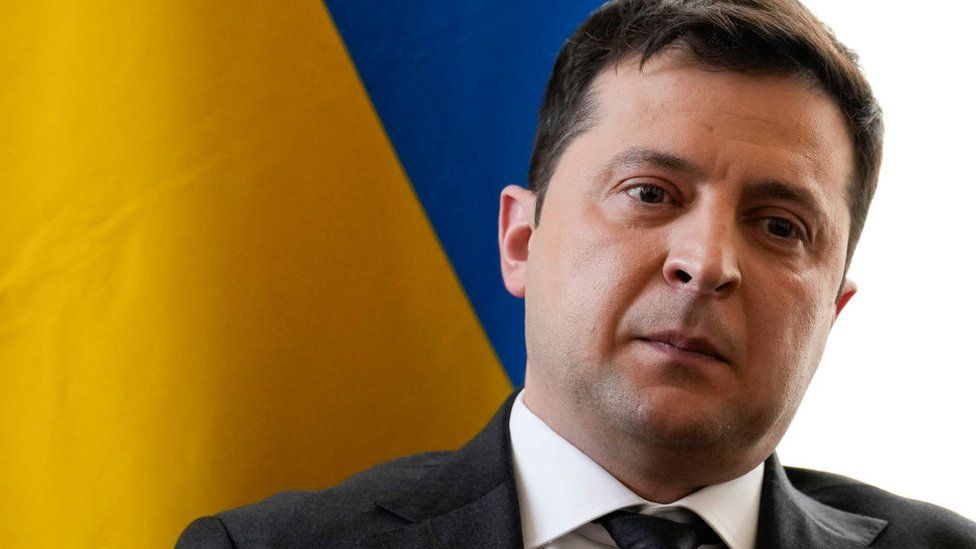
Ukrainian President Volodymyr Zelensky is said to be acting “unworthy’’ toward his allies, a presidential candidate from Poland’s largest opposition party Law and Justice, Karol Nawrocki, said on Monday.“I think that Zelensky is acting unworthy of his allies, Poland included,’’ Nawrocki told Radio Zet.
He claimed that Ukraine was left alone at the start of the conflict, meaning that he underestimated the tremendous efforts of Poles and the Polish president,” Nawrocki said. Zelensky’s statement was during his notorious meeting with U.S. President Donald Trump.“This was also pointed out by U.S. President Donald Trump at the White House.This is not the way to build a country’s security,” he added.Nawrocki, whom polls put second after Warsaw mayor Rafal Trzaskowski in the May 18 election, also believes his country should cut any ties with Russia.“There are many economic issues to the Polish-Russian relations,’’ he said.He adding “if you ask me, maintaining diplomatic relations with Russia is disadvantageous for Poland.’’The meeting between Trump and Zelensky in Washington on Feb. 28 escalated into a verbal altercation, involving also US Vice President JD Vance.The U.S. officials accused Zelensky of disrespect and a lack of gratitude for U.S. support.Trump refused to go ahead with the signing of the landmark rare earths deal, and the Ukrainian delegation was asked to leave.A number of European leaders sided with Zelenskyy. (dpa/NAN)Foreign News
Macron to Meet Trump at the White House for Talks on Ukraine

French President Emmanuel Macron will be in Washington on Monday to discuss Russia’s war against Ukraine with U.S. President Donald Trump.
The meeting comes on the day of the third anniversary of Russia’s all-out invasion of Ukraine and days after Trump falsely blamed Ukraine for starting the war.
It also comes after Trump held a 90 minute phone call with Russian President Vladimir Putin – without Ukrainian or European participation.
Last week Macron called European heads of state and prime ministers to Paris for crisis talks and then spoke to Trump on the phone.
Among other things, the meeting dealt with the question of European peacekeeping forces to secure a possible ceasefire.
Trump is also expected to meet UK Prime Minister Keir Starmer in Washington in the next few days.
According to media reports, Starmer could be keen to present the concept for a peacekeeping force.
On Saturday, Trump had a brief exchange with Polish President Andrzej Duda on the fringes of the CPAC conservative political conference just outside of Washington.
There had been concern that the United States would reduce its troop strength in Europe or even withdraw its soldiers altogether.
However, Duda said he was convinced that this would not happen following a visit on Feb. 14 by U.S. Defense Secretary Pete Hegseth to Poland, which shares a border with Ukraine. (dpa/NAN)








